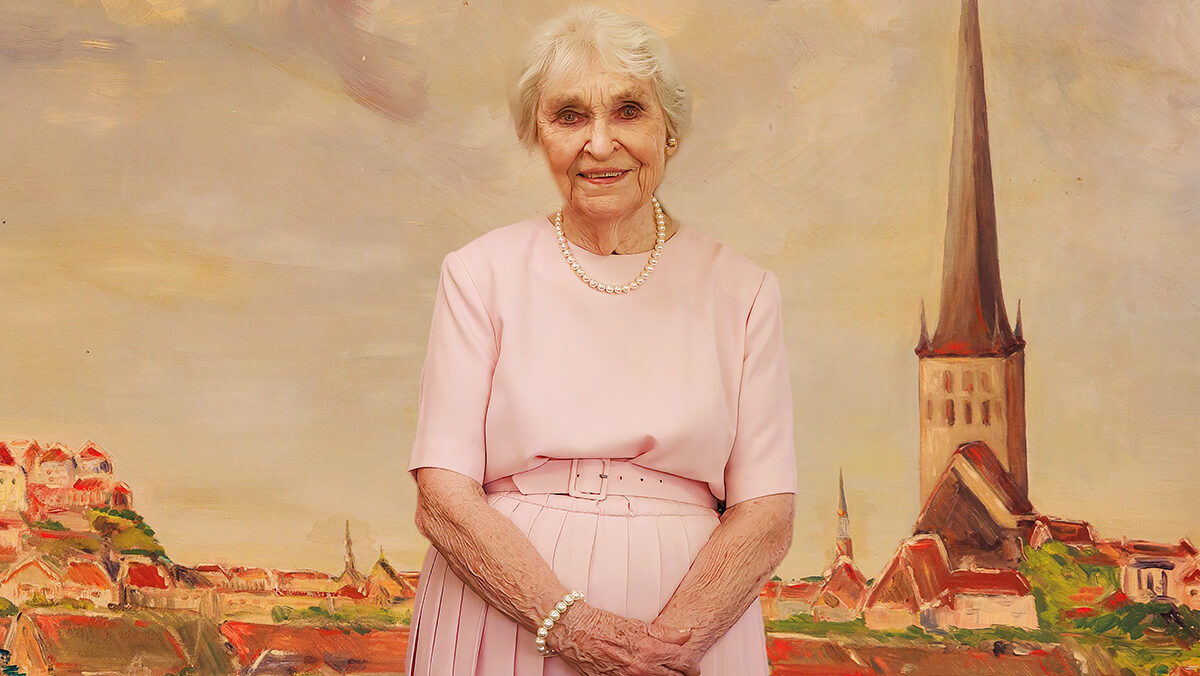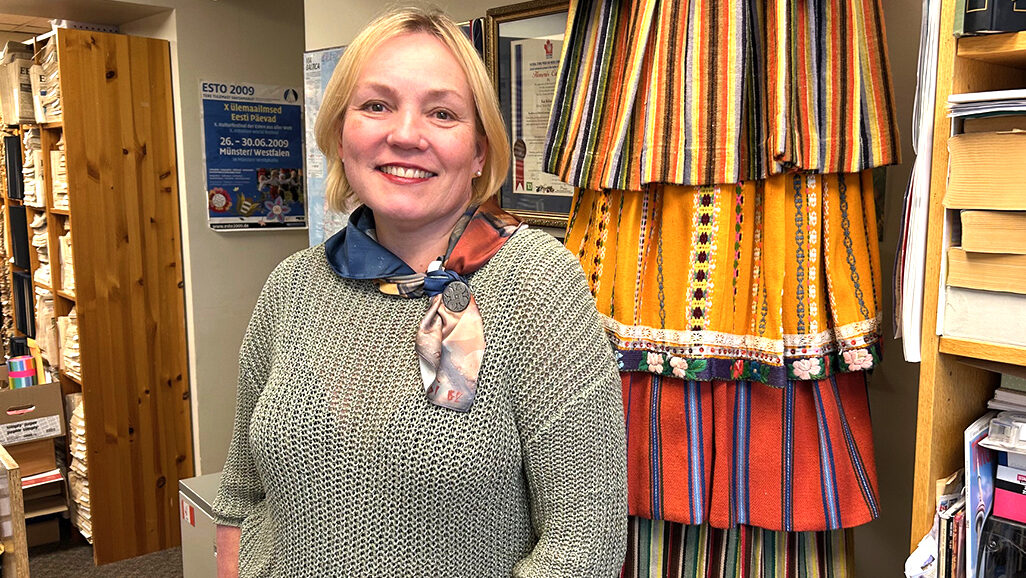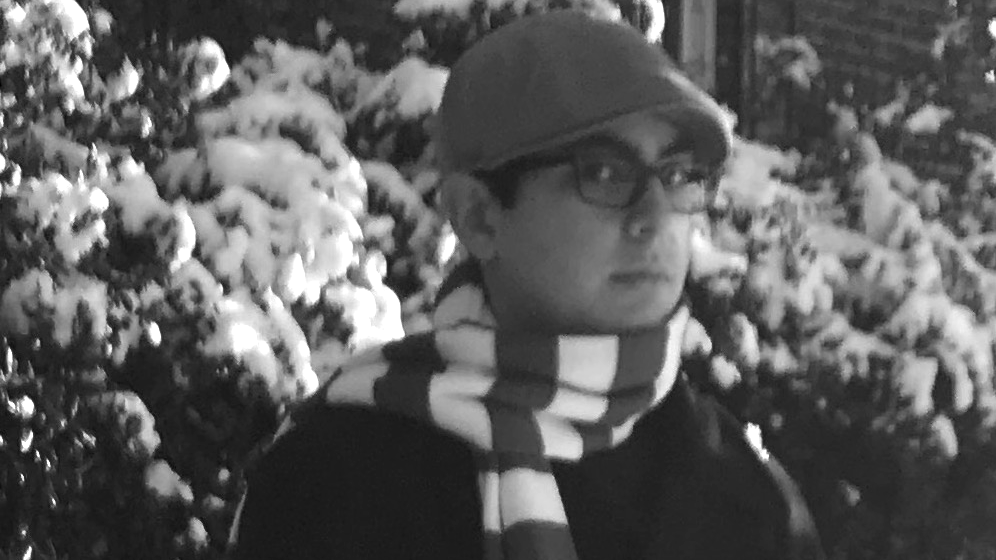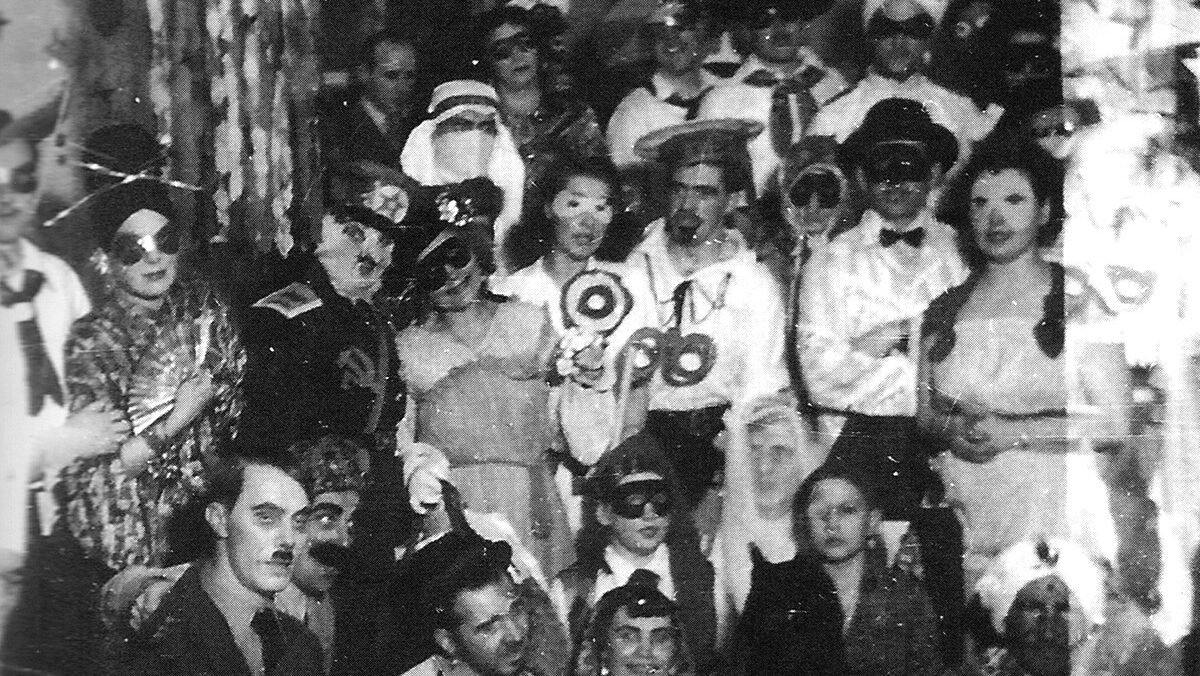It was September 21 1944, in the middle of the Second World War. My home country Estonia, one of the three Baltic States bordering Russia, had been a peaceful, independent country until 1940 when it was illegally occupied by the Soviet Union with horrific consequences: the Russian troops treated us with mindless brutality, thousands of people were deported to Siberia. The German Army rescued us in 1942, but then stayed as occupiers themselves. At least they were civilized, and it was once again safe to walk down the street without fear of being robbed or raped. Now the winds of war were changing once more after the USA had joined the Western Allies, and the Russians were approaching Estonia again.
In March of that year, they had heavily firebombed Tallinn, Estonia’s capital and my hometown. Most of the wooden buildings were burned and many others damaged. Our home was also hit, so we relocated to a friend’s summer cottage on the beach just west of Tallinn. Two other families had also sought refuge there. Besides me, my mother and her partner, whom I called uncle Volli, and my real aunt Lydia and her husband Hugo all had to fit into one bedroom, sharing the kitchen and the living room with the other families. Somehow, we managed.
We just wanted to escape the front and the Russians, with the hope that at the end of the war all would return to normal.
On that fateful day, my mother intended to take the bike to Tallinn for some supplies, but came back with the news that the Russian tanks were already in the city. Because of our previous experiences, everyone wanted to escape the Russians. My uncle Volli had made some contacts and knew a man who owned a motorboat, so we grabbed what we could carry and rushed to the beach, together with the other residents of the cottage. There were about 20 of us. I was barely 16 years old, aware of things in my own country, but quite ignorant about the rest of the world, which was also true of most of the people. We just wanted to escape the front and the Russians, with the hope that at the end of the war all would return to normal.
On the beach we found an open boat with an inboard motor and a small cabin into which a woman with three small children settled. The rest of us had to stay outside, on top of the luggage. Then we took off, heading west across the Baltic Sea, where we knew we would eventually reach Sweden. It was cold and windy; the waves were high and in no time we were all wet and seasick. It became obvious we could not get far like this. We decided to stop on one of the Estonian islands, still unoccupied, and seek help.
On the island of Hiiumaa, we landed and found a fisherman who also wanted to escape. He owned a tarp that would cover our boat and keep out the waves. We took on him, his wife and daughter, with breathing space barely left in the boat. I was lying flat on top of some luggage under the edge of the tarp and remained there for 36 hours. I must have been in some sort of suspended animation as I never moved during that time. I was only vaguely aware that at one point the motor stopped, causing great alarm, but the men were able to restart it and continue. We were very lucky to make it across the Baltic Sea, where many others perished in the storm or were bombed by the Russian airplanes. Against all international laws, they even sank a clearly marked hospital ship, with many lives lost. As we did not really know exactly where we were going, it was good that we were eventually intercepted by the Swedish Coastguard, who led us to a small harbor where they had gathered other similar boats and set up a reception center. We were safe, and we were free.
We were now free and independent.
We were received kindly, with coffee and pastries. But then we were doused with DDT to make sure we were not bringing in any unwanted bugs. Afterwards, we were sent to the sauna naked, while our clothes were put through a hot steam machine, and finally we were loaded into buses and sent to Stockholm. The women were housed in a large gym, about 200 of us, sleeping on double-decker bunks, with paper mattresses and blankets. You can imagine the sound of that at night. The men were similarly housed elsewhere. We were all well cared for, with nurses and counselors available, and in less than a month everyone was assigned a job by the Swedish Refugee Department in some part of the country and included into the community. We were now free and independent.
We were grateful to the Swedish people for their hospitality, and willing to work for a better future, but we still hoped to return home at the end of the war. That did not happen. When the war ended, the American, English and French occupation zones were returned to the original inhabitants. But the Russians continued to hold their occupation zones, a large part of Europe, for almost fifty years, until the Soviet Union collapsed and most of the occupied states, including Estonia, became independent again. By that time the Displaced Persons had established new homes elsewhere and few of them returned to their home countries, including me.
So here I am.




